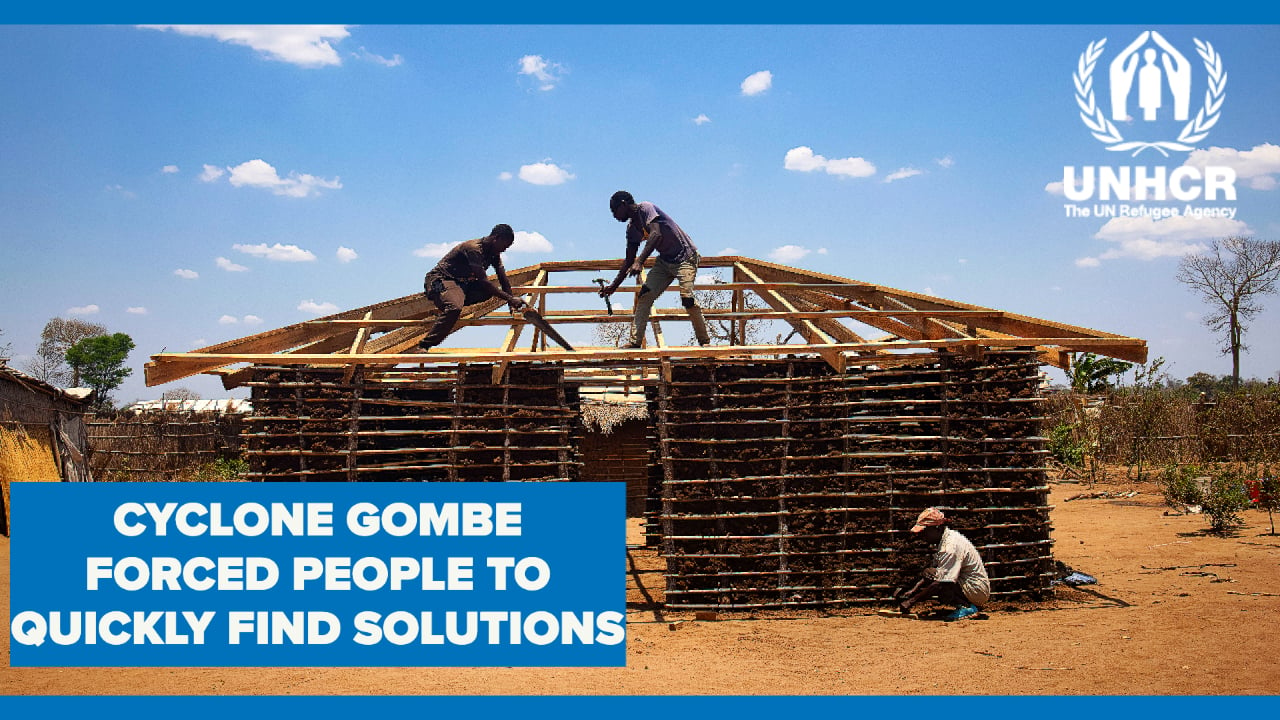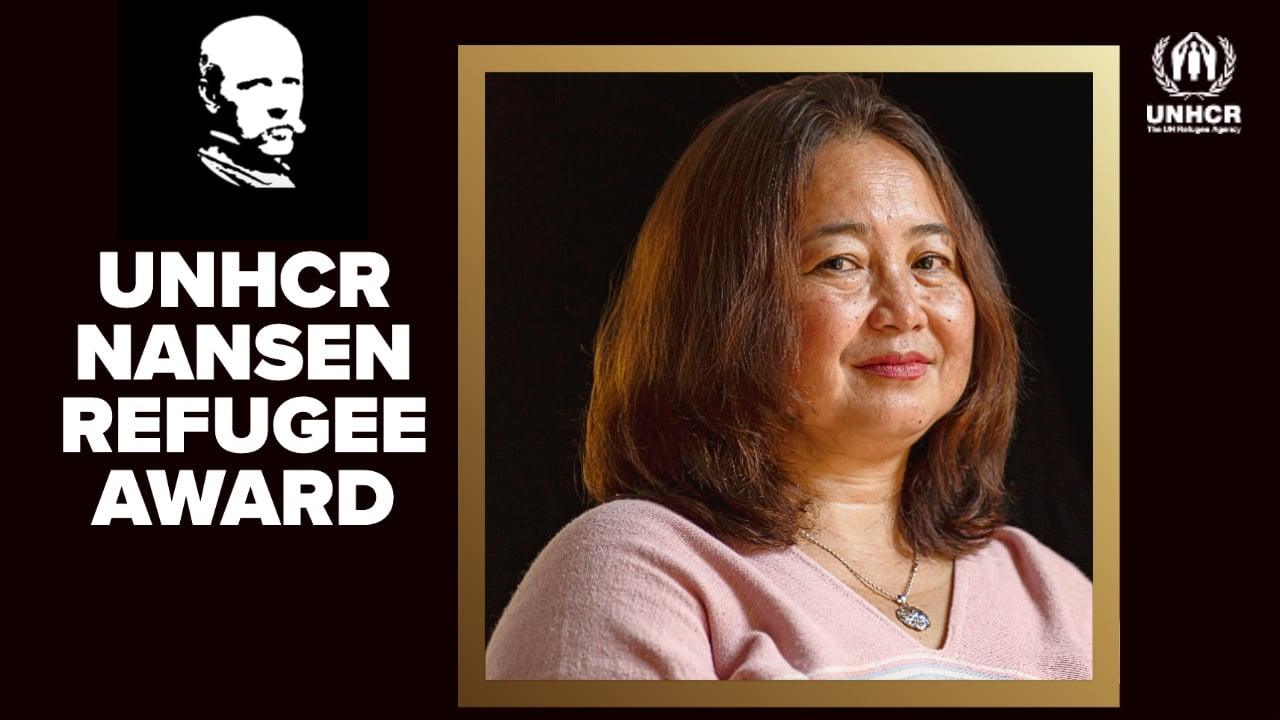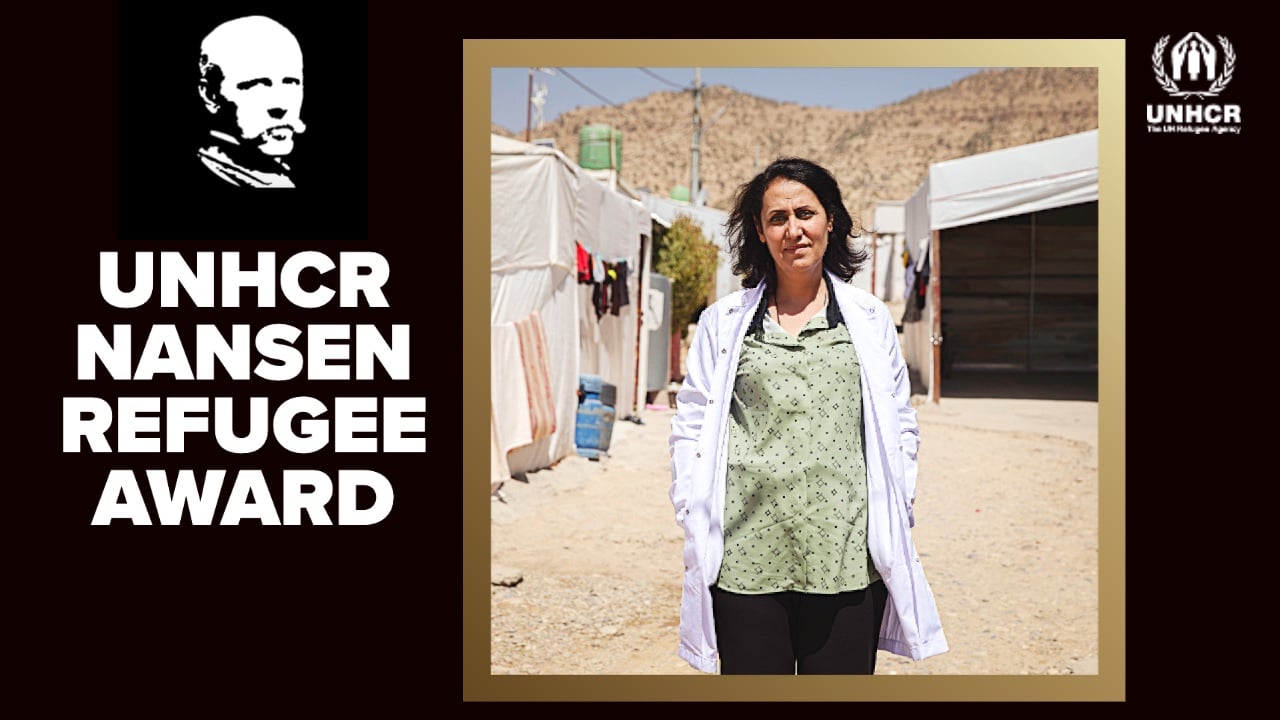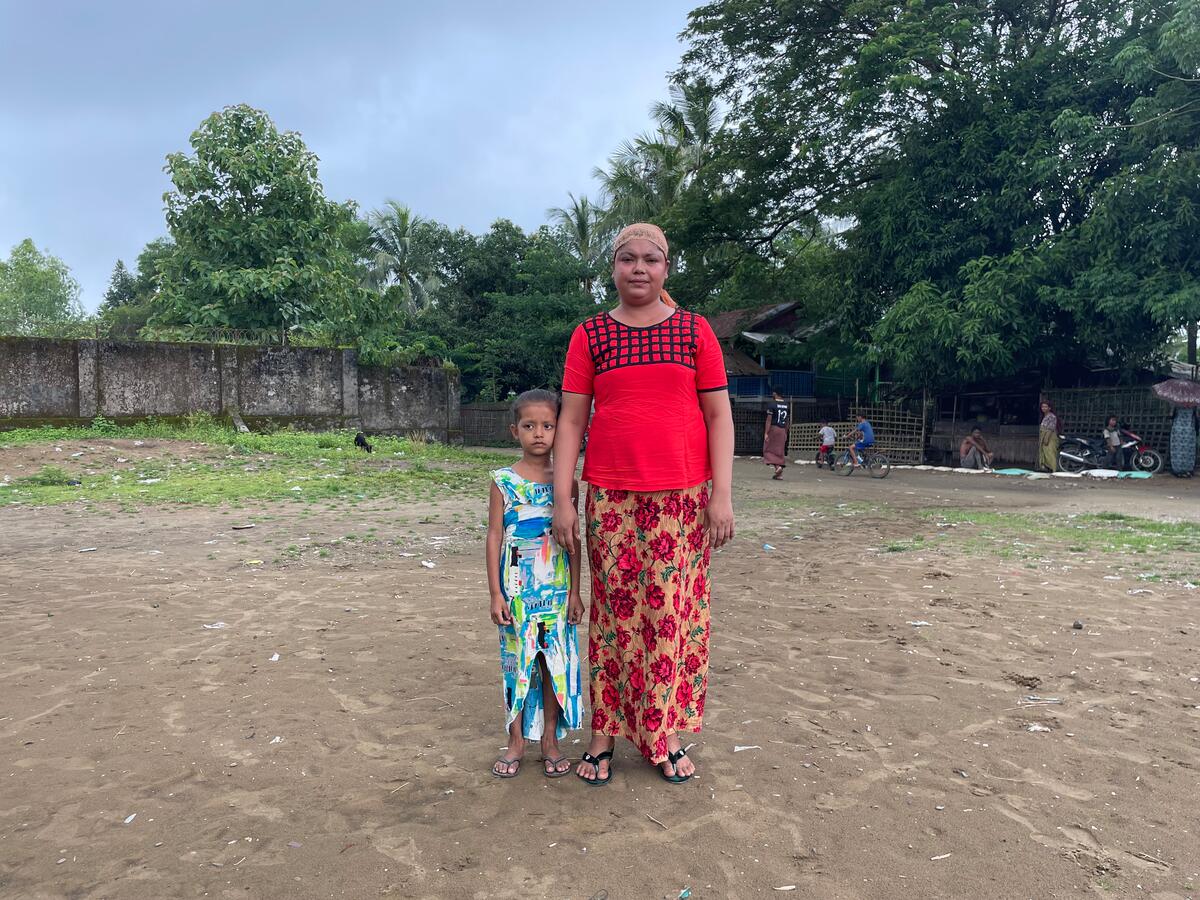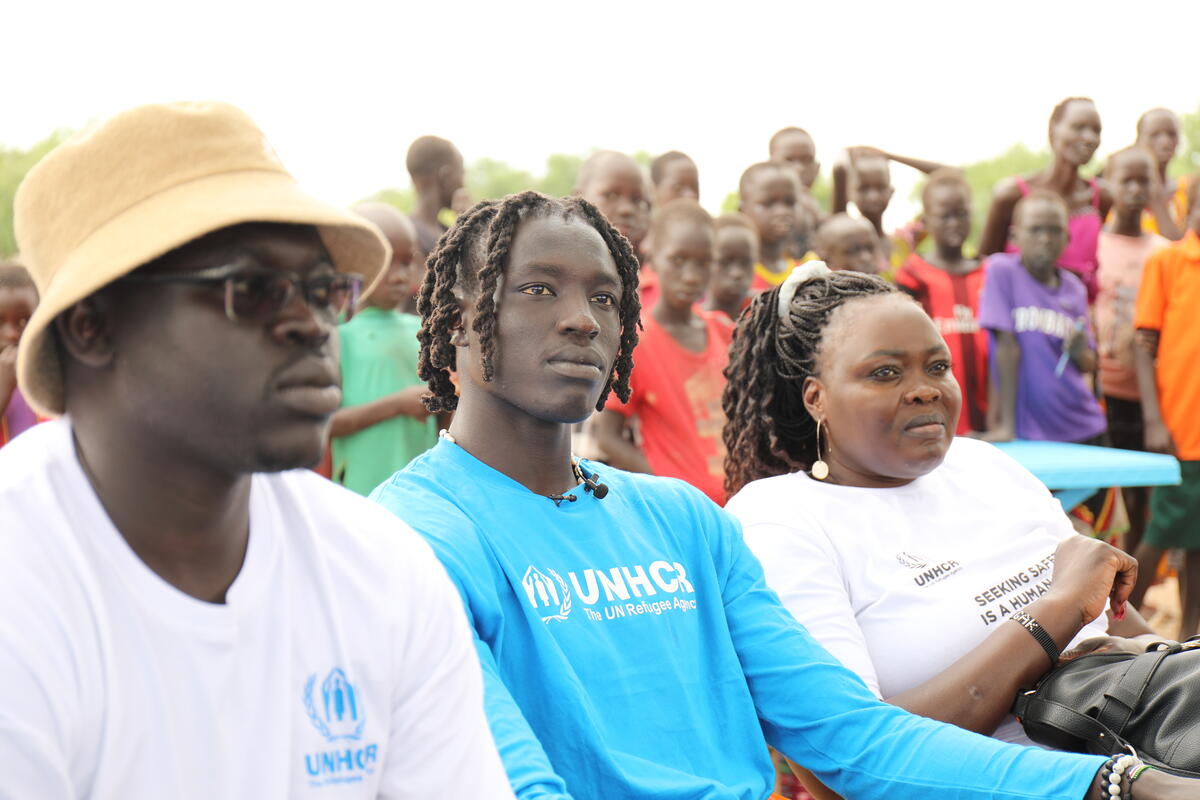Heavy clashes continue to kill and displace thousands of civilians in Mogadishu
Heavy clashes continue to kill and displace thousands of civilians in Mogadishu
More than 17,000 people have been displaced from their homes in the Somali capital Mogadishu in May. Over 14,300 fled in the past two weeks alone, following renewed, heavy fighting between the Transitional Federal Government troops, supported by the African Union Peace Keeping Force (AMISOM), and armed opposition groups.
We note with grave concern that the rates of casualties and displacement have increased over the past 14 days. According to information we are seeing in field reports, at least 60 people have been killed and more than 50 wounded and injured in street clashes. An estimated 200,000 Somalis have been displaced since the beginning of the year.
The majority of Somalis who were forced to flee from their homes in the past fortnight are displaced within the capital - an estimated 9,300 people. Mogadishu already shelters more than 350,000 internally displaced people (IDPs). The number of displaced families, living in the streets of Mogadishu in extreme conditions is gradually increasing, according to reports from our partners. Many families are in desperate situations, stuck in the embattled city. They cannot afford transport to the makeshift camps in the Afgooye corridor, already hosting 366,000 IDPs and just 15 kilometres west of Mogadishu.
The more fortunate families are being hosted by relatives or friends living in relatively safer neighbourhoods of the capital. However, overcrowding means that on average three families are having to share a single place of accommodation. According to our partners, many more are on their own in the streets of Mogadishu, settling under a plastic sheet or whatever material they can find to build a roof. These are the most vulnerable and utterly dependent on scarce aid the humanitarian agencies manage to deliver and meagre remittances from relatives living abroad. Hundreds of children are forced to beg in the streets of the capital and many women beg in the main markets.
Our partners in the Somali capital report that people are exhausted, tense and hungry, but they still constantly listen to the radio, hoping they will hear that the fighting has ended.
Somalia is one of the countries generating the highest number of forcefully displaced in the world. An estimated 1.4 million Somalis are displaced within the country, while more than 580,000 live as refugees in the neighbouring countries.
Approximately 43% of the Somali population lives below the extreme poverty line and one in seven Somali children die before the age of five.


